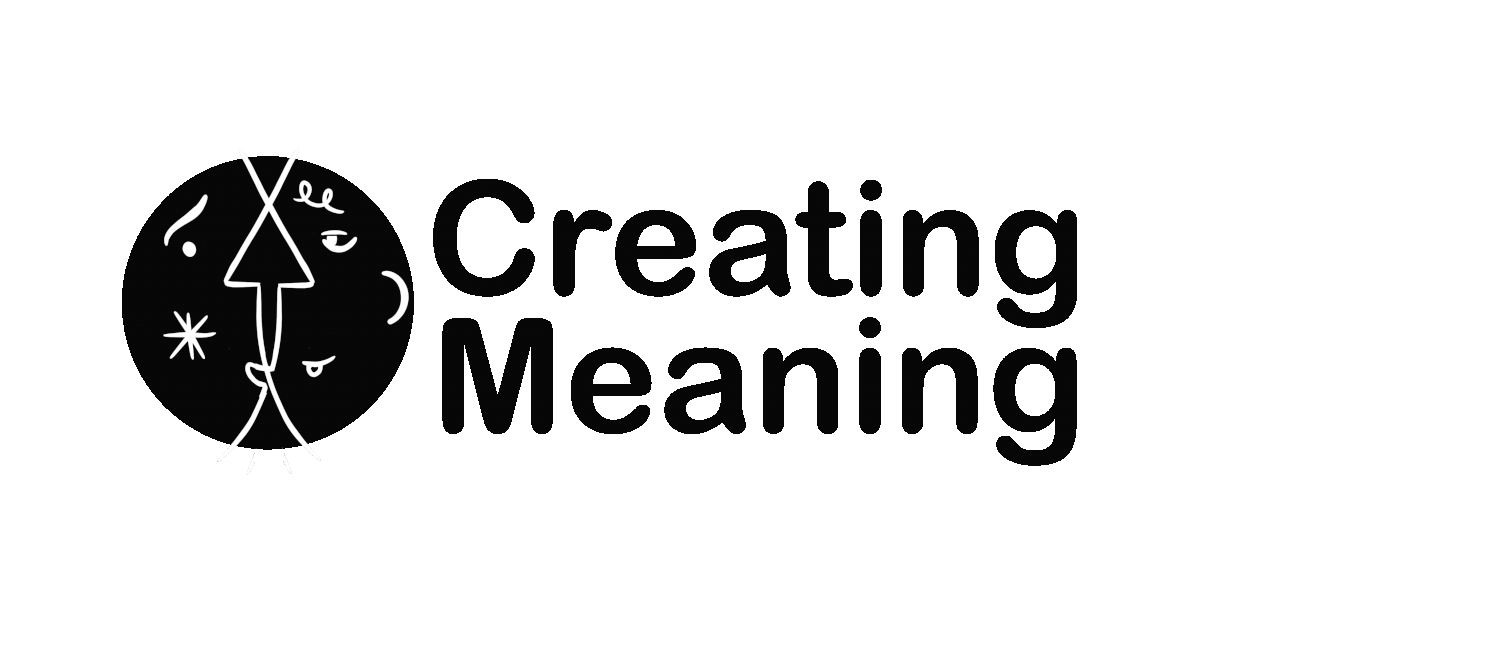Like all facilitators I am committed to the continuous improvement and development of my practice. When working with clients I draw on a wide range of ‘tried and tested’ facilitation methods, my own experience that informs my unique approach to creative facilitation, and my training in the following methods:
Bohm Dialogue
David Bohm (1917-1992) was a theoretical physicist, most known for his theory of the implicate and explicate order. He developed a philosophy of dialogue which grew out of his observation that fragmentation is one of the reasons for the many crises we face as a global society. We have become fragmented in ourselves, our organisations and societies.Dialogue is a facilitated process of group-thinking that can result in groups being better equipped with the understanding needed to implement long lasting, inclusive change. To find out more about Bohm Dialogue please visit this page.
Nonviolent Communication
Nonviolent communication is a powerful tool that creates empathy, understanding and connection. Marshall Rosenberg recognised that much of how we use language is based in blame, judgement and criticism. By developing a language and literacy of feelings and needs, nonviolent communication allows people to understand the needs behind their feelings, and develop ways to meet those needs, either by themselves, or with the support of others. The process allows us to see that relationships are based on a negotiation of needs, which is made possible by taking ownership and accountability for our feelings. Listen to the Lost in Language Nonviolent Communication episode here.
Lewis Deep Democracy
Deep Democracy is a facilitation, decision making, conflict resolution and inclusive leadership methodology, developed by psychologists Myrna & Greg Lewis and inspired by Arnold Mindell's Process Orientated Psychology. The four steps of the Deep Democracy process are:
Gain all the views
Make it safe to say ‘no’ or the alternative view
Spread the no
Vote, and incorporate the wisdom of the minority by asking them what they need to come along with the vote.
To learn more about the Deep Democracy method please read this journal article.
LEGO Serious Play
LEGO SERIOUS PLAY is a facilitated thinking, communication and problem solving method created by Johan Roos and Bart Victor as a way to enable managers to describe, create and challenge their views on their business.
It is an inclusive, participatory and creative methodology that improves listening and generates insights in teams and groups. It works to improve the efficiency of meetings, contribute to more effective decision-making and create innovative solutions.
Workshops are centred on a series of structured questions and model builds designed to unlock knowledge and insights on the desired topic or challenge.
It is a democratic methodology, that allows all participants to share their perspectives and collective intelligence through model building with LEGO bricks and group dialogue.
You can view an example workshop here.
Other skills I apply to my facilitation practice
Mindfulness, compassion cultivation and embodiment practices - just as in life, a facilitated experience does not only involve the mind, it requires including feelings, emotions and the body in a holistic approach. Since exploring a theory of emotional sustainability as an agent for change in my Masters, I have continued to work with practices that can support increased awareness in how our body and emotions shape our thinking and actions.
Values-based approach - my motivation and experience in facilitation began with an inquiry into values within the context of fast-fashion and capitalist consumerism. Ever since that first workshop I have incorporated a values-based approach into my work, including work with the UK Values Alliance and as a trustee for the Human-Values Foundation. Values are universal and whilst each of us hold different values and meaning, it is through sharing that meaning that we can connect at a more common and unifying level of our humanity.
Human-centered design thinking - with a background in design I understand the importance and value of a creative process. The design-thinking process provides structure and methods to ensure that problems are well-defined, designed solutions are respondant to the needs of the user, and that a range of creative ideas have been explored. Design-thinking requires an ability to ‘not know’ the outcome or ‘solution’ at the onset of the process. It requires an ability to stay with the confusion that comes with divergent thinking, and a trust in the process that it will result in an outcome that meets the needs of the end users.
